In all questions of commercial auto insurance, we can basically break it down to this: If you drive your car to work, your personal auto insurance covers it. If you drive your car at work, you probably need to consider commercial auto insurance.

This extends to food couriers. If you make your living delivering pizzas, burgers and Chinese food to hungry customers — whether as an employee of a restaurant or through a food-delivery app like Uber Eats — your car will likely be considered a commercial vehicle. You will need a commercial auto insurance if you hope to carry adequate protection.
You may be able to skip buying your own coverage if the company you work for provides insurance. Uber Eats, for instance, offers a limited insurance policy that covers you while you are in the process of delivering the food. DoorDash offers a similar insurance plan. However, these plans may leave you with insurance gaps. If you are in an accident while driving to the restaurant to pick up the order, the company’s plan might not offer coverage for that stretch of time, and your personal auto insurance provider might not recognize your claim, as the accident was technically business-related.
Talk to your insurer and find out what their policy is on food couriers. They may offer you full protection through your personal auto insurance while you are on your way to a pick-up, but only if you inform them that you are using your car for business purposes.
While personal insurance can be very limited in covering a commercial vehicle, the inverse is not true. A commercial auto insurance policy will cover your car when you’re driving it for personal use.
So, if you deliver food on a regular basis, it may be a good idea to consider buying commercial auto insurance rather than a personal vehicle policy.

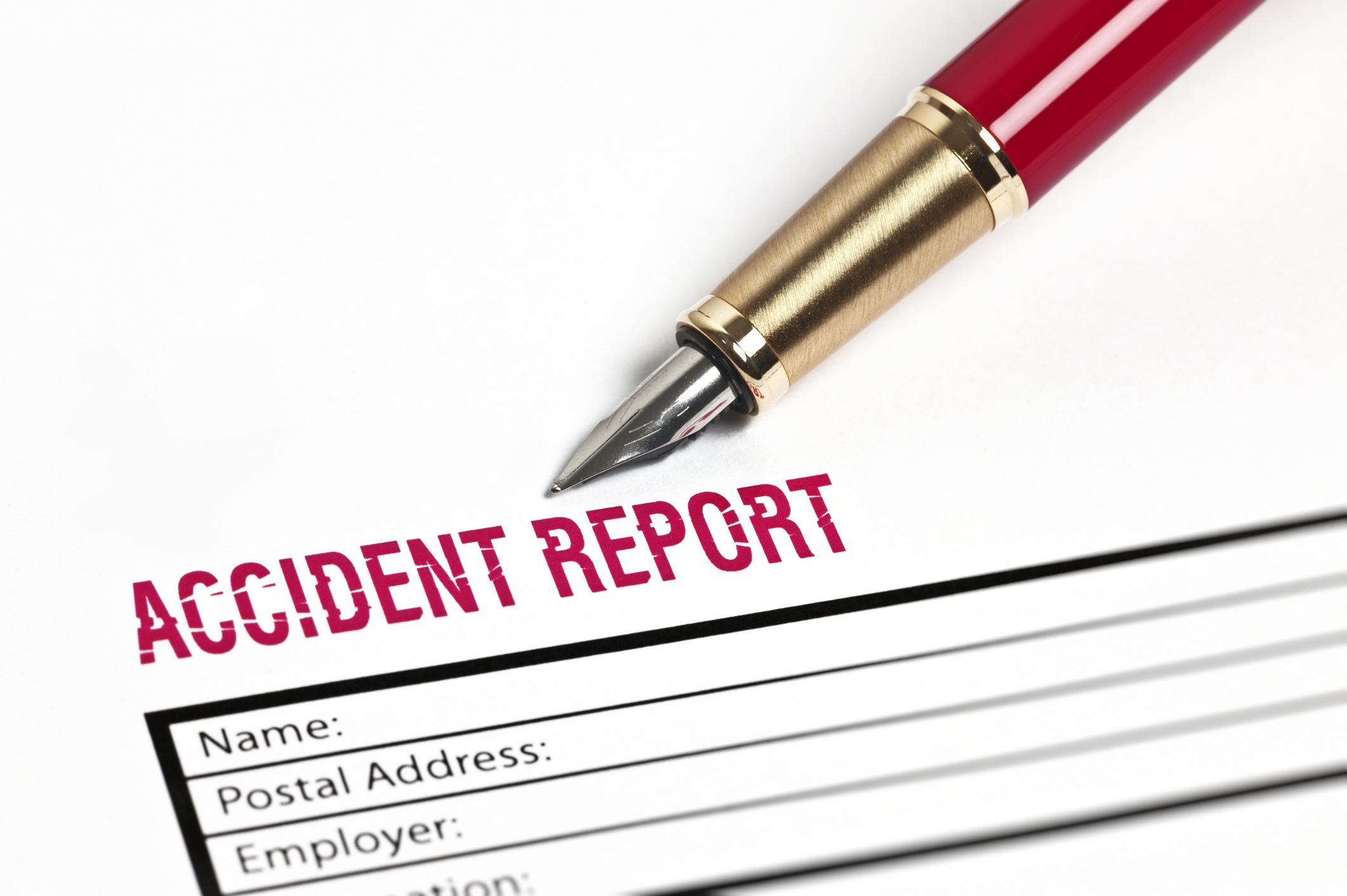 Foremost, you might have to provide that person with workers’ compensation. Often, it you will have no option but to do so. Here’s why.
Foremost, you might have to provide that person with workers’ compensation. Often, it you will have no option but to do so. Here’s why.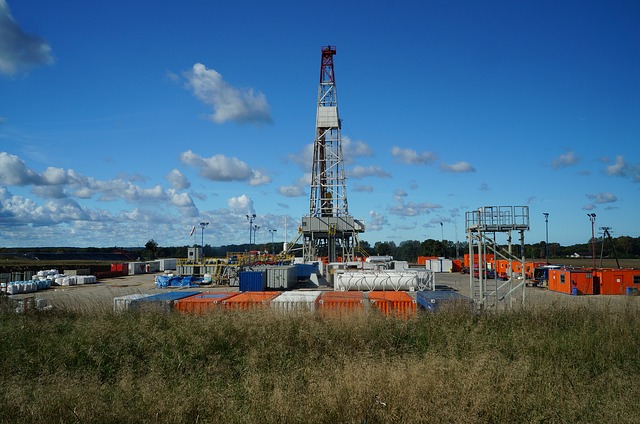
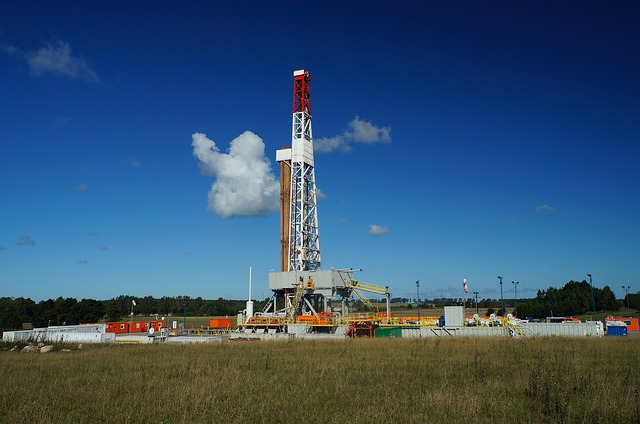
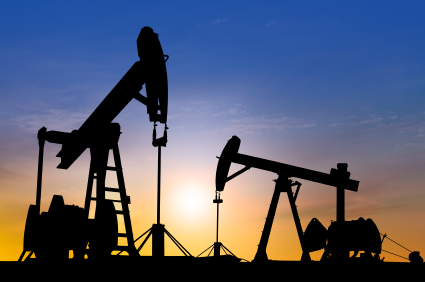
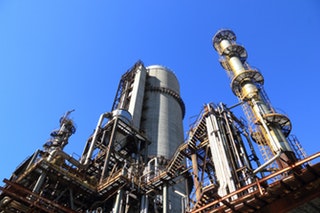 Oil and gas businesses occupy a lot of unique properties, from rigs to refineries. However, most also occupy standard office space in some capacity. This space, like all the rest, will pose liability risks to your customers. Though you might focus on insuring the liabilities of high-risk areas, you must also do so for spaces like your office. You can often start obtaining coverage through a general liability insurance policy. What’s this coverage? Why is it so important to carry this coverage?
Oil and gas businesses occupy a lot of unique properties, from rigs to refineries. However, most also occupy standard office space in some capacity. This space, like all the rest, will pose liability risks to your customers. Though you might focus on insuring the liabilities of high-risk areas, you must also do so for spaces like your office. You can often start obtaining coverage through a general liability insurance policy. What’s this coverage? Why is it so important to carry this coverage?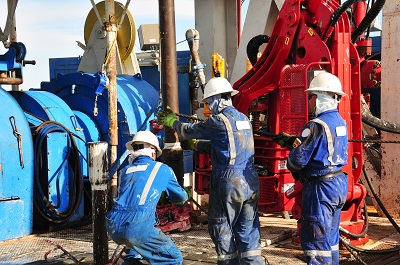
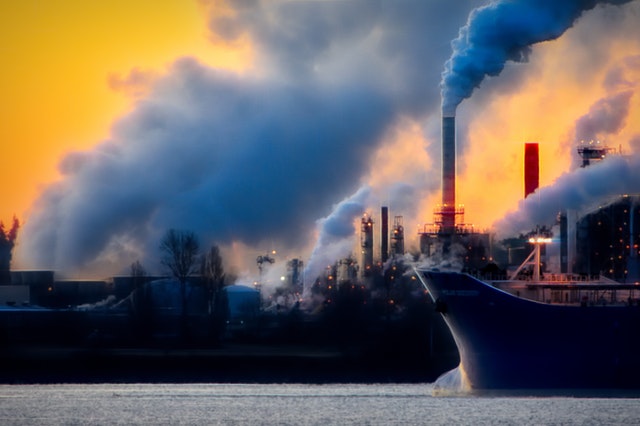
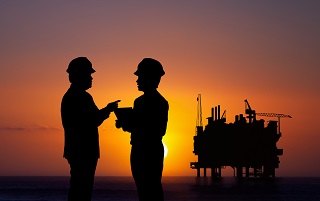
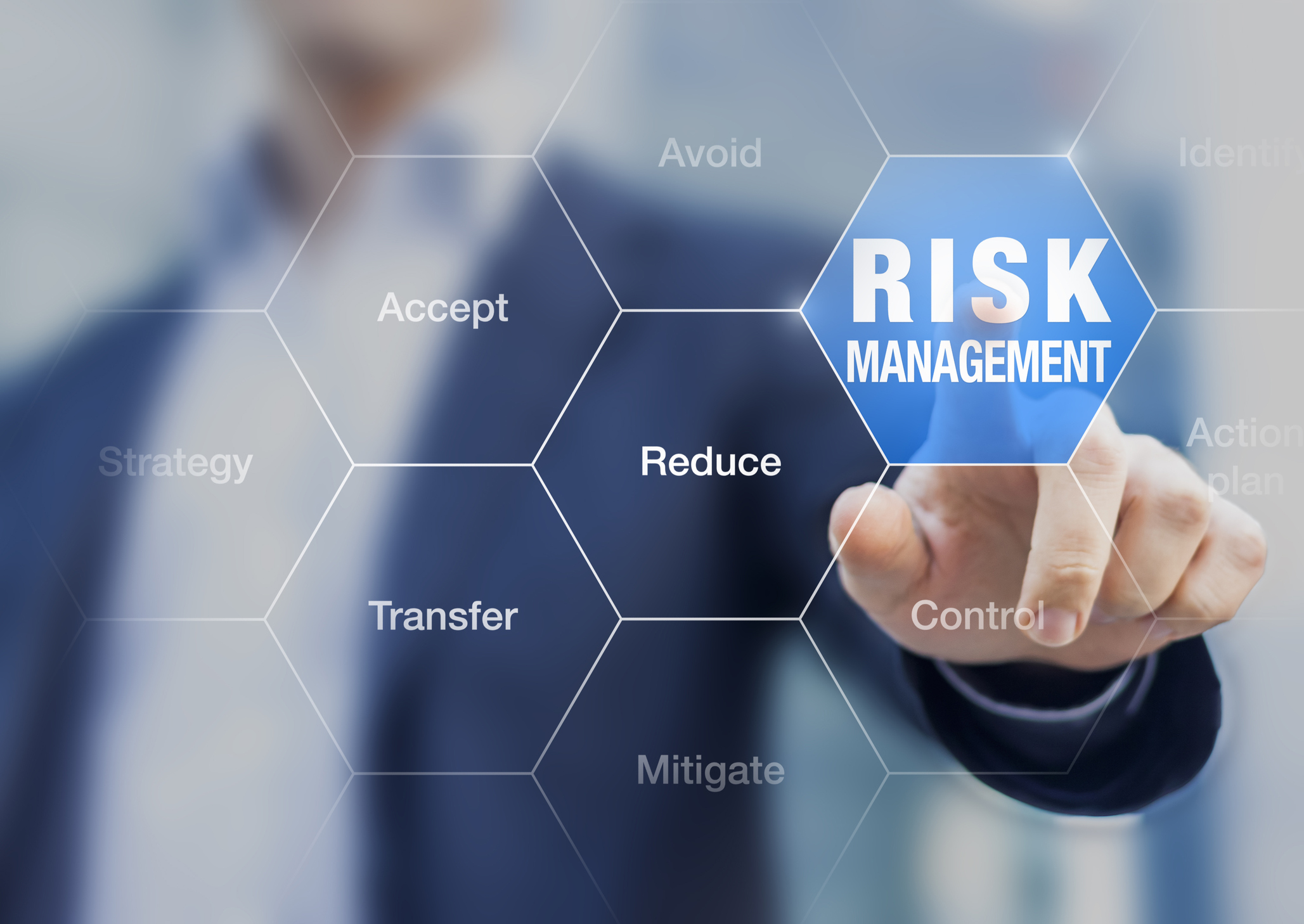 Oil and gas industry operators deal with an expensive and dangerous commodity. As a result, they’ve got to do what they can to keep accident risks low. Proper risk management, therefore, must play into standard operating procedure. Why is this important? What are some of the things you can do in your business to make it safer?
Oil and gas industry operators deal with an expensive and dangerous commodity. As a result, they’ve got to do what they can to keep accident risks low. Proper risk management, therefore, must play into standard operating procedure. Why is this important? What are some of the things you can do in your business to make it safer?